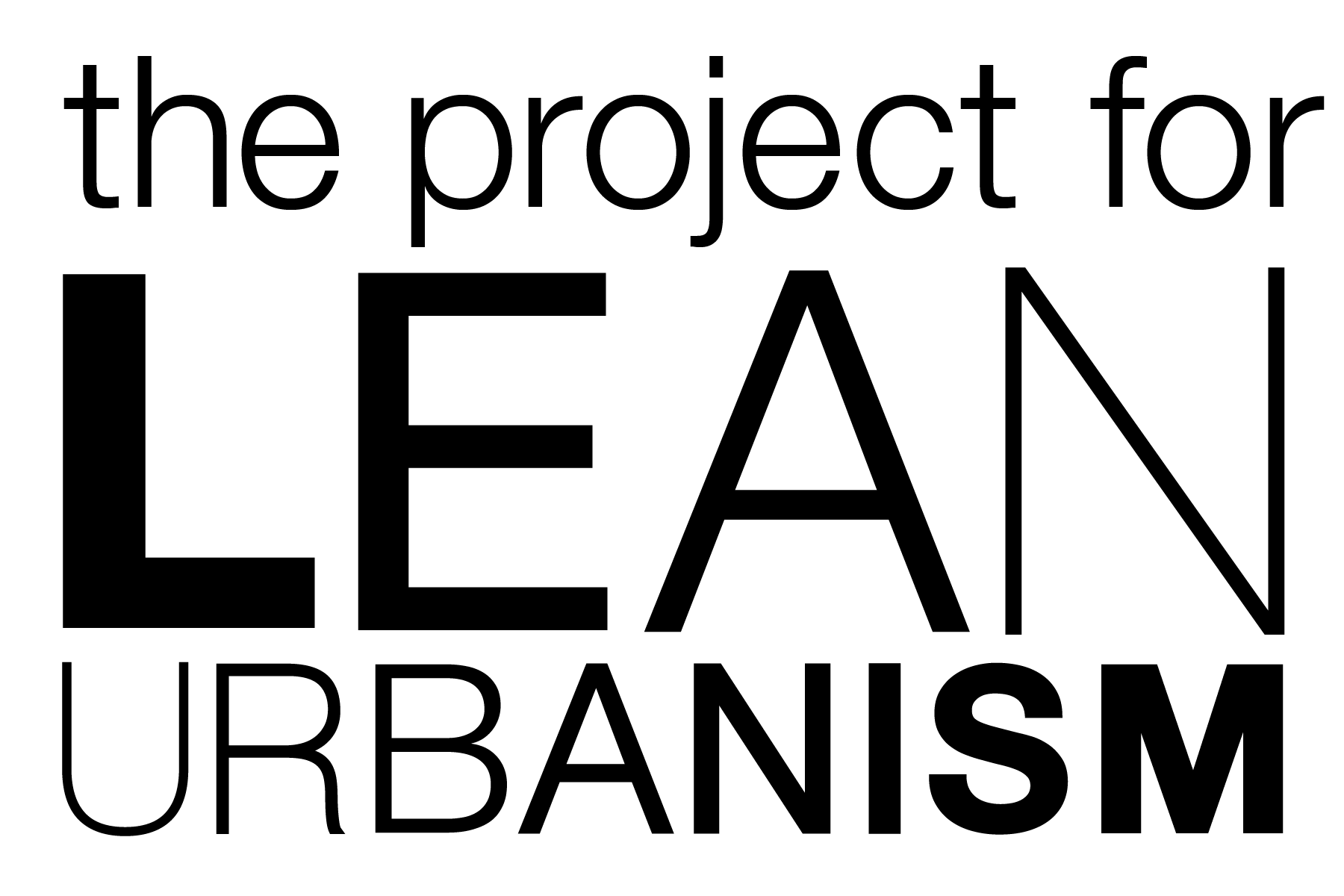New planning policies are time-consuming and expensive to write, and they often sit on the shelf without implementation. Policies can be crafted in a more affordable manner that improves measurements, creates walkable, livable environments, prepares for climate change, and addresses affordability issues. This tool outlines a Lean process that planning staff can use to reduce the expense of policy development and increase the likelihood that it will be implemented.
Comprehensive planning, sometimes called general or master planning, is mandated by all states for local governments with zoning authority. While most comprehensive plans establish laudable policies, they are often poorly implemented and can stand in the way of small-scale, incremental development.
This tool provides methods for simplification and streamlined implementation of comprehensive/general/master plans. It also provides suggestions for improvements to the elements most commonly required in comprehensive plans for livability, equity, and resilience. Like the Lean Code Tool, the suggestions here range from simple text amendments by staff to structural tactics for a complete update. For comprehensive plans, Lean Urbanism is not only concerned with leveling the playing field for small-scale actors, but also with directing investments toward areas of greatest impact.
Lean Urbanism is focused on enabling small-scale players in the areas of development and business establishment. This logically extends to removing barriers for and providing resources to other historically disinvested and discriminated communities. In fact, these are the communities whose grit and ingenuity in the face of oppression brought about the Lean Urbanism movement. At the zoning level, the Pink Zone is Lean Urbanism’s primary means of influence. At the comprehensive plan level, Lean Urbanism not only offers methods to streamline the process and product of comprehensive planning, but also touches most policy areas, refocusing municipal programs, goals, and funding to be more equitable, just, and productive.


